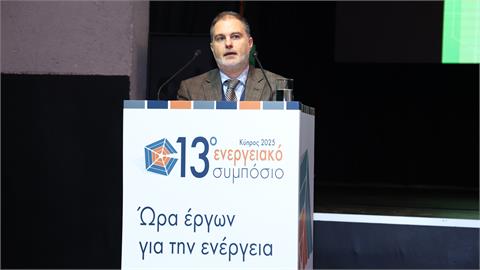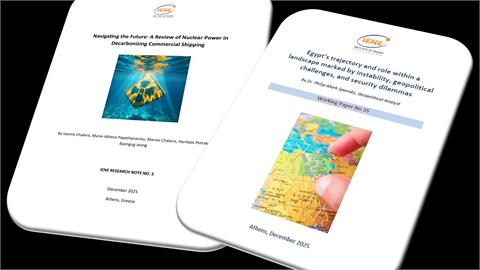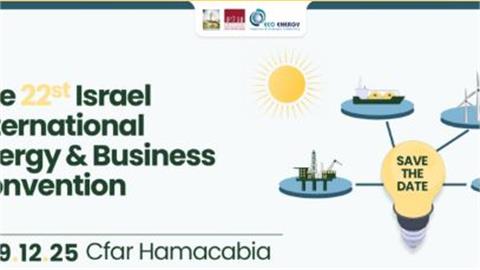Speaking in this year’s “Flame” conference in Amsterdam the Chairman and Executive Director of IENE said that the key issue today for the SEE region is the widest possible diversification of supplies and minimisation of gas flows from Russia
In terms of diversification more LNG and new gas pipeline routes are entering the picture (read IGB Interconnector, IGNM, FSRU terminals and the East Med pipeline), noted IENE’s Chairman. He added that, “there are some existing long term contracts between local gas companies and Gazprom and these are allowed to run since the EU has not banned gas imports from Russia. This is important to remember. However, there is a clear trend in the existing contracts to minimise uplifts. For example in Greece last January we had zero imports from Russia while over the next 3 months the average off-take was corresponding to 15% of total gas imports”.
According to latest data, gas consumption in SEE in 2022 was in line with the rest of Europe, ie approx 15% lore gas use compared to 2021. In Greece gas consumption in 2022 was minus 19% compared to the previous year with the industry having switched off to alternative fuels, mainly fuel oil and LPG on account of high prices. Therefore we notice a demand related adaptation.
In 2022 we have seen a lot less use of gas for power generation, noted Stambolis. “In Greece gas for power generation corresponded to approx. 36% of the fuel mix compared to 43% in 2021. The same trend was followed in Bulgaria, Romania and Serbia”, added IENE’s Chairman.
As a result of the EU directive of March 2022 and in the context of REPowerEU and following Gazprom’s insistence for Euro/Ruble payments imports of Russian gas use in the region, except Turkey, gas consumption was much reduced. In Bulgaria it was zero after April and in Greece the share of Russian gas imports dropped to 14% compared to 40% in 2021.
Stambolis pointed out that LNG emerged as clear winner in Greece, and in the vicinity, contributing to 61% of gas imports in 2022 compared to 38% in 2021. With Greece becoming a next exporter (to Bulgaria, North Macedonia, Romania) The country imported some 8.0 bcm against local consumption of 6.4 bcm. “In this respect, Greece is getting ready to play even bigger role in terms of gas exports as the neighbouring countries will over the next 5-10 years be switching to gas as coal is gradually being abandoned”, noted IENE’s Chairman.
Today, a number of FSRU units are under construction (Alexandroupolis) or in the planning stage (Corinth,Thessaloniki,Volos, Alexandroupolis). At the same time, the East Med pipeline is in the final stages of certification and ready to enter market test phase with FID pending for early 2024. A lot will depend on contractual negotiations between suppliers in Israel/ Cyprus and buyers in Europe with 4.0 bcm already pledged.
Stambolis concluded his intervention in this year’s “Flame” by observing that gas-to-gas competition will, sooner or later, emerge between Greece and Turkey as both countries will strive to offer gas to the other countries in the region.
.jpg)



